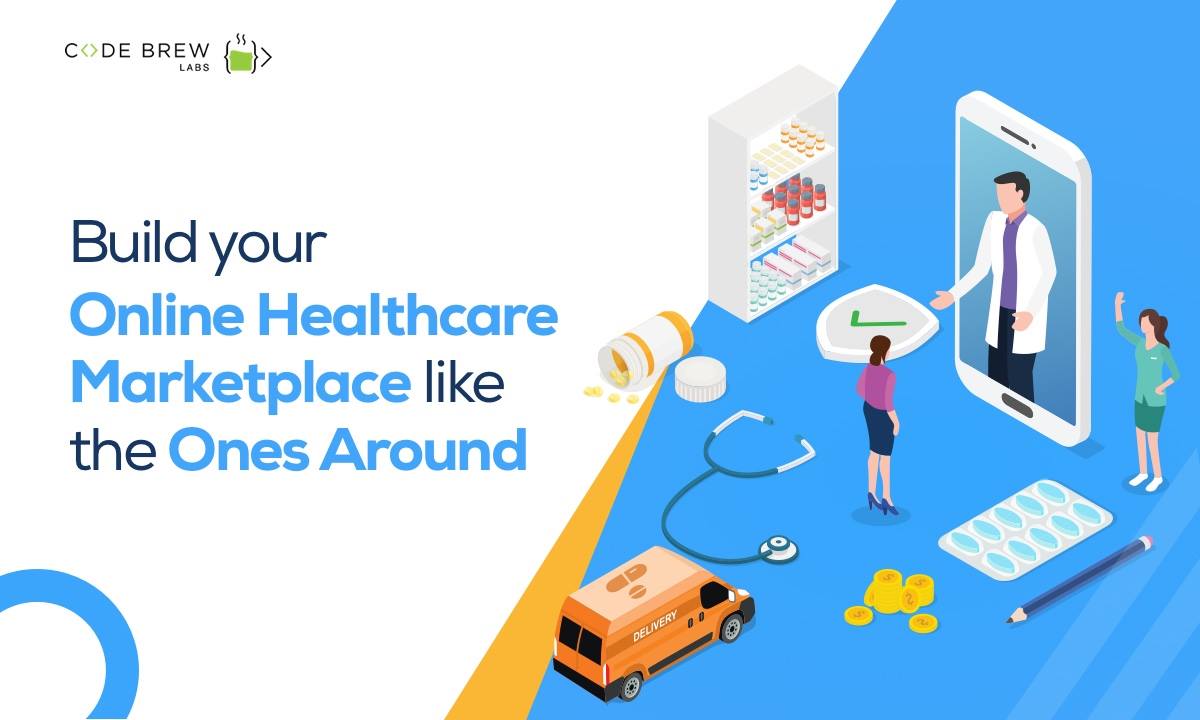Browsing the Future of Medication With Subscription-Based Health Care Solutions
As the health care market advances, subscription-based services arise as a crucial model assuring to reshape client care distribution. With the prospective to supply streamlined, cost-efficient solutions with foreseeable prices and personalized attention, these solutions stand at the forefront of modern medical innovation. Yet, as we consider their surge, one must consider the effects of incorporating such systems right into existing health care frameworks. What obstacles do they posture in regards to data safety and security and fair gain access to, and just how might they redefine the patient-provider relationship? The responses to these questions might basically alter our approach to medical care.
Surge of Registration Health Care
As medical care systems all over the world face boosting stress from climbing expenses and need for solutions, the introduction of subscription-based health care versions has become a transformative fad. This ingenious approach is interfering with standard medical care delivery by supplying a predictable, flat-rate repayment structure for clinical services. Rooted in the principles of attendant medicine, subscription-based health care enables suppliers to concentrate on tailored person care while concurrently managing functional performances.
The boosting consumer need for openness and predictability in healthcare expenses has driven the change towards this version. Subscription-based solutions typically supply straight access to medical care experts, which can decrease the administrative worries associated with insurance coverage claims and compensations.
This version is obtaining traction among diverse medical care carriers, from health care doctors to specialized centers, by lining up monetary rewards with precautionary and continuous treatment. By moving the focus from quantity to value-based care, registration health care has the possible to improve the landscape, cultivating a much more lasting and patient-centered strategy to health and wellness monitoring.
Advantages for Clients

In addition, subscription-based services commonly stress preventative care, motivating regular exams and wellness testings. This proactive approach can bring about early detection of health problems, potentially improving results and lowering long-lasting health care expenses for patients. Such designs usually offer transparent pricing, enabling individuals to better comprehend their health care expenditures and prevent unforeseen clinical bills.
The personalized nature of subscription-based health care also boosts individual experience. Patients can receive tailored health care strategies that fit their certain requirements, promoting an extra patient-centric technique.
Modern technology's Role in Improvement

Expert system (AI) plays an essential role in anticipating analytics, helping in very early diagnosis and tailored treatment strategies. AI formulas assess substantial datasets to recognize patterns that may be neglected by human monitoring, therefore boosting clinical decision-making. In addition, digital health and wellness records (EHRs) simplify patient details management, making sure continuity and comprehensibility of care across various solutions and providers.
Blockchain modern technology enhances data protection and personal privacy, vital for preserving patient rely on digital systems. It makes it possible for clear and protected purchases of medical information, ensuring that sensitive details remains safeguarded. With the combination of machine knowing and AI, blockchain can automate complex health care processes, minimizing administrative worries.
Considerations and obstacles
While innovation moves the capacities of subscription-based healthcare solutions, it also introduces a collection of challenges and considerations that have to be dealt with to make certain successful application. One significant challenge is the fair accessibility of these solutions. As membership versions often depend on electronic platforms, there is a danger of exacerbating the digital divide, leaving behind people without net access or digital literacy. Making certain these useful site services do not disproportionately profit only tech-savvy and wealthy populations is crucial.
Data privacy and safety and security stand for one more vital factor to consider. Subscription-based solutions usually involve the collection and storage of vast quantities of individual health information. Suppliers have to follow rigorous information defense guidelines to keep client trust and protect against unapproved gain access to, which might bring about substantial honest and legal repercussions.
Furthermore, the sustainability of subscription versions postures an obstacle. As health care needs evolve, keeping a cost-efficient equilibrium between subscription charges and service high quality is vital to prevent patient frustration and attrition. In addition, integrating these services within typical health care systems requires smooth interoperability between systems, which is commonly a facility and resource-intensive venture. Attending to these challenges is crucial as subscription-based medical care services proceed to expand and progress.
Future Ramifications for Medication
Subscription-based medical care solutions are positioned to considerably influence the future landscape of medicine by reshaping exactly how care is accessed and supplied. These models provide the prospective to democratize health care gain access to, supplying people with more personalized and prompt treatments. By leveraging innovation, such as telemedicine and data analytics, membership solutions can facilitate constant tracking and tailored wellness monitoring, therefore enhancing results and decreasing the concern on conventional healthcare systems.
As these services gain traction, they could stimulate a change in the direction of preventative care, emphasizing the importance of very early discovery and monitoring of chronic conditions. This aggressive strategy may eventually reduce healthcare prices by minimizing the requirement for expensive therapies occurring straight from the source from late-stage disease management. Membership models supply a scalable option to address differences in healthcare accessibility, especially in rural or underserved populations.
Nevertheless, the transition in the direction of subscription-based models necessitates addressing honest and regulatory considerations, consisting of data personal privacy and equitable accessibility. As the industry progresses, joint efforts in between policymakers, innovation programmers, and healthcare companies will certainly be essential to developing durable structures that protect individual interests while promoting technology. Ultimately, these solutions assure to contribute considerably to an extra reliable, patient-centered healthcare community.

Conclusion
Subscription-based health care services represent a substantial evolution in the clinical area, providing predictable prices and individualized care that enhance access and prioritize safety nets. Technological innovations, such as telemedicine and AI-driven analytics, assist in customized individual experiences, enhancing general health outcomes. Obstacles such as information personal privacy and fair gain access to have to be addressed to make sure the extensive advantages of these services. As the health care landscape progresses, membership versions are poised to play an important role fit the future of medication.
As the healthcare industry advances, subscription-based services arise as a critical design promising to improve client treatment delivery.As medical care systems around the globe face raising pressures from rising costs and check it out need for services, the introduction of subscription-based healthcare models has actually arised as a transformative pattern (subscription based healthcare).With the increase of subscription-based health care versions reshaping conventional health care shipment, individuals are starting to experience considerable advantages from this innovative method. As medical care requires advance, preserving a cost-efficient balance between membership costs and service quality is vital to protect against patient dissatisfaction and attrition.Subscription-based health care services are positioned to dramatically affect the future landscape of medication by improving just how treatment is accessed and supplied